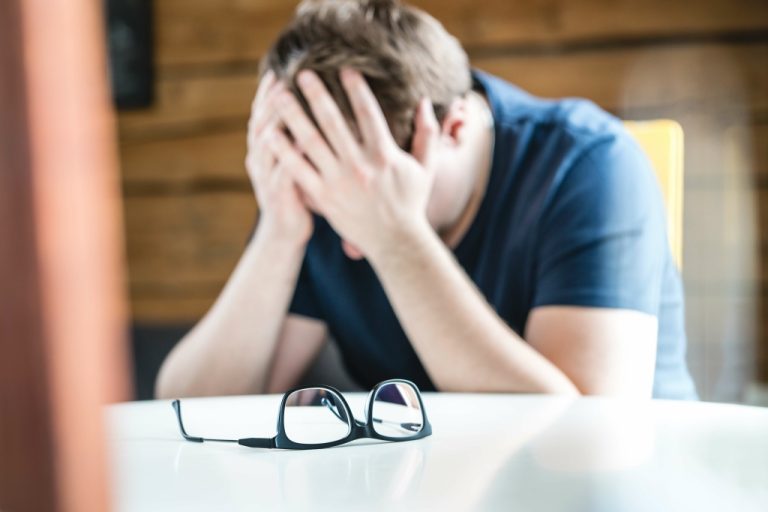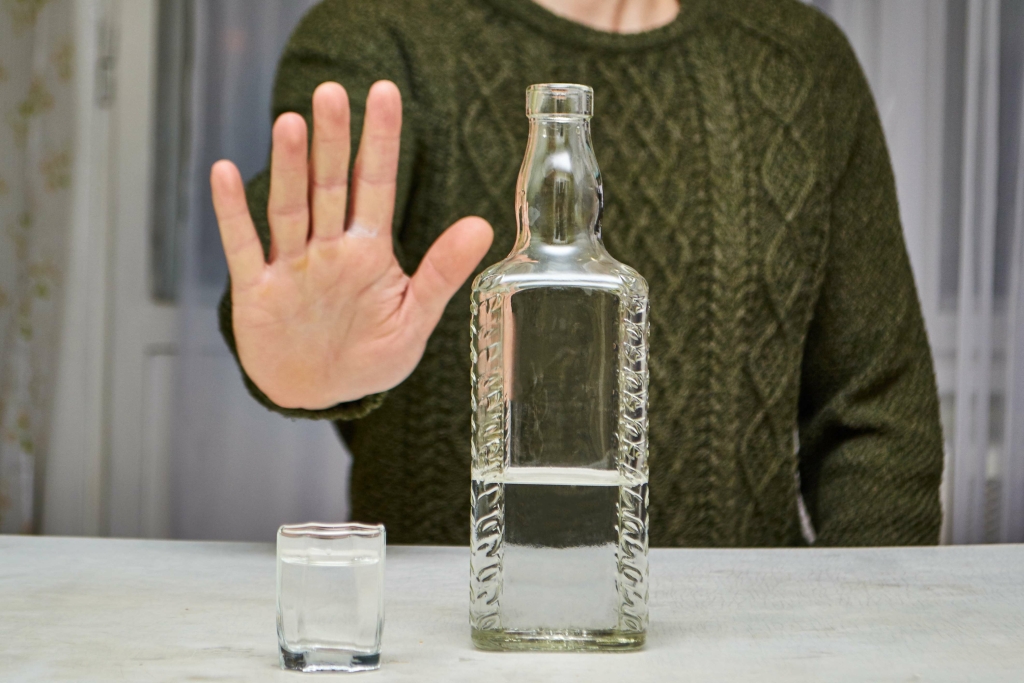For augmenting treatment for AUD, would targeting biological stress reactivity (e.g., hypothalamic pituitary adrenal activation) be more promising than targeting anxiety disorders? Among people who have problems with alcohol, do those with versus those without co-occurring anxiety disorder react differently to protracted abstinence and withdrawal in terms of severity and persistence of dysregulation of the stress response? Prospective studies across the distinct stages of treatment and recovery for alcohol-related disorders may shed needed light on the relationships between alcohol, anxiety, and stress reactivity and regulation. Such studies have the potential to reveal the trajectory of re-regulation of the stress response during abstinence and how it relates to anxiety symptoms and relapse risk.
- A panic attack is characterized by the individual’s fear of losing control even if there is no actual danger.
- Psychiatrists are doctors who have specialized training in diagnosing and treating complex mental health conditions through medication management.
- And Mr. B had experienced their first panic attacks 1 month after abrupt cessation of alcohol abuse.
- However, restricting attention to a single diagnosis and its relationship to alcohol misuse does not align with more recent research.
How can I lower my cancer risk?
You can learn more about how alcohol can affect your health after cancer treatment through CDC’s Talk to Someone simulation. The Dietary Guidelines for Americans recommends that adults of legal drinking age (21 years or older) choose not to drink alcohol or to https://thecupertinodigest.com/top-5-advantages-of-staying-in-a-sober-living-house/ drink alcohol in moderation (2 drinks or less in a day for men, 1 drink or less in a day for women). As we scratch our heads wondering why someone can’t stop drinking despite all the negative consequences, we often fail to acknowledge the perceived benefits.
Types of anxiety and symptoms
- Finally, neurobiological research on the relationship between negative affect and alcohol use is reviewed, and the opponent process model is explained.
- Mr. A had been exhibiting antisocial behaviors, like frequent fights and incidents of shoplifting, since puberty, and he had a history of inhalant abuse between the ages of 17 and 20 years.
- Anxiety disorder symptoms can disrupt a person’s life, making it difficult to work, participate in social events, and maintain relationships.
- Although it may be tempting to ignore your symptoms, or to self-diagnose, the only way to access the resources you need to recover is by getting a clinical diagnosis.
It was furthermore noteworthy that scores on a measure of the participants’ overall anxiety levels (i.e., trait anxiety) also changed significantly at 3-month follow-up. This latter finding suggests that state anxiety that occurs Top 5 Advantages of Staying in a Sober Living House during early abstinence can lead respondents to consider their increased anxiety levels as more chronic than they actually are. Therefore, retrospective self-reports collected at baseline should be interpreted with caution.
- Along with anxiety, alcohol may also have an association with panic attacks.
- Our flexible treatment options mean that if you’re struggling with alcohol use and panic attacks, you can get access to the support you need in order to get your life back on track.
- Stopping drinking can also cause you to experience some emotional withdrawal symptoms.
- For example, in a sample of college students followed for 7 years, anxiety disorders increased fourfold among those diagnosed as alcohol dependent at either year 1 or year 4 of the study period (Kushner et al. 1999).
- Regular check-ups can help a person assess their cardiovascular health and develop a plan for managing their risk factors.
Can Alcohol Cause Anxiety or Make it Worse?
Talk to your doctor about alcohol consumption before taking any of these medications, as side effects can be harmful or fatal. Alcohol-induced anxiety can last for several hours, or even for an entire day after drinking. If you believe you or someone you love has anxiety that gets worse with alcohol use, you or your loved one can take steps to treat their anxiety and cut down or stop drinking. Some studies on mice show that alcohol-related anxiety can last anywhere from 4 to 14 hours. Society would have us believe that there’s no better way to unwind after a long day than by drinking a glass of wine, cold beer, or sipping your go-to liquor. But trying to relax with a drink or two may not give you the long-term anxiety relief you want.

We turned to our staff of psychiatrists for everything you need to know about the connection between alcohol and anxiety, including when it’s time to seek help. If you are concerned that you are experiencing panic attacks as a result of your alcohol consumption, it is recommended that you cut down or completely stop drinking. It is fairly common for people with panic disorder and anxiety to use alcohol as a temporary form of relief, but over time you may find yourself relying on this substance in order to relax and may begin to feel as though you need alcohol in order to function. These effects are particularly visible the day after drinking when the hangover begins to set in. As the sedative effect of alcohol wears off, you may experience a spike of anxiety or panic as your body begins to withdraw from the substance.

The fact that all these physiological changes can cause symptoms so similar to those of a panic attack can trick your brain into having a real one. A 2018 study of United States adults aged 18 to 39 years found that 8.8% of young adults had at least one heart attack risk factor. These perceived benefits keep us reaching for a drink even when the negative effects start to pile up. Grappling with dissatisfaction with attempts to cut down, many people become trapped in a sense of self-blame.
- He had no history of panic attacks before or during the alcohol abuse period.
- Long-term alcohol use also often leads to tolerance, when a person needs to drink more to get the desired effect.
- According to the Anxiety and Depression Association of America (ADAA), it isn’t unusual for people with social anxiety disorder and other anxiety disorders to use alcohol to try to calm anxiousness and ease related symptoms.
- However, the analysis also showed virtually no relationship between risk for alcohol dependence and the unique components of those diagnoses.
- Some people struggle with a disorder known as alcohol-induced panic attacks, in which they suffer from regular panic attacks after drinking alcohol.
- Consequently, when it has been determined that an anxiety disorder likely is substance induced it may not be the best approach to simply treat the AUD alone and wait for the subsequent remission of the anxiety disorder.

It is not recommended to use alcohol as a coping mechanism to avoid panic attacks and feelings of anxiety, as this can make the initial problem worse in the long term. Alcohol acts as a sedative, often lowering the feelings of anxiety or panic that you may be experiencing. If you automatically reach for alcohol as soon as you notice the impending symptoms of a panic attack, you may believe that this substance calms you down and prevents you from spiralling. However, over time or in excess amounts, drinking alcohol can lead to increased levels of anxiety and stress. First, historical trends and research related to the psychiatric classifications of alcohol misuse, negative affect, and their co-occurrence are reviewed, including typologies and diagnoses.